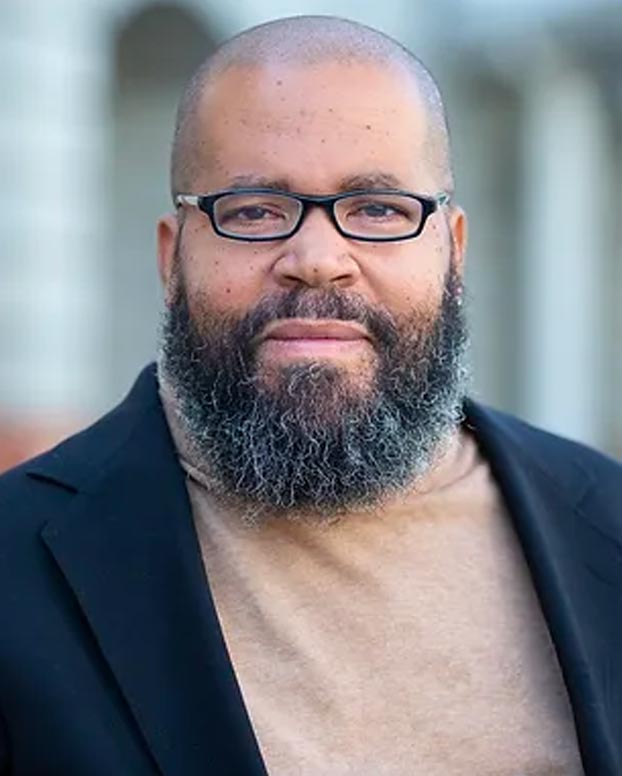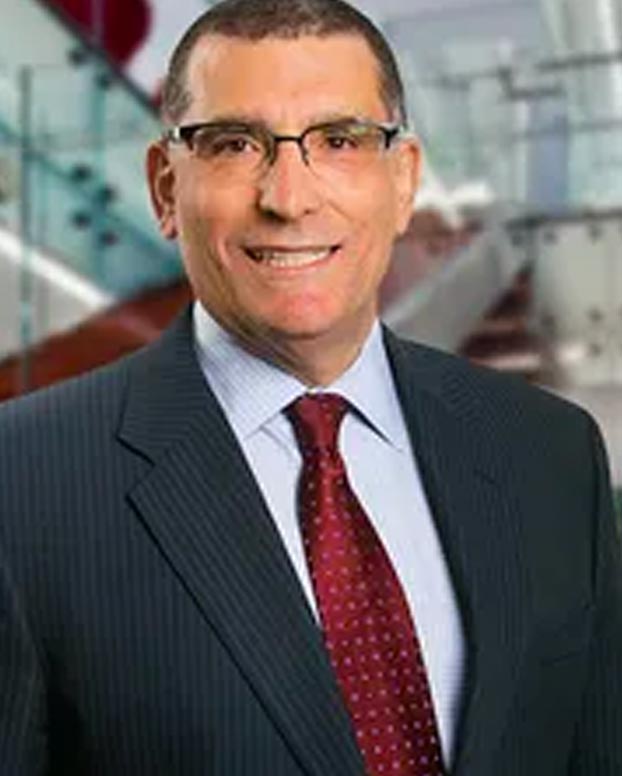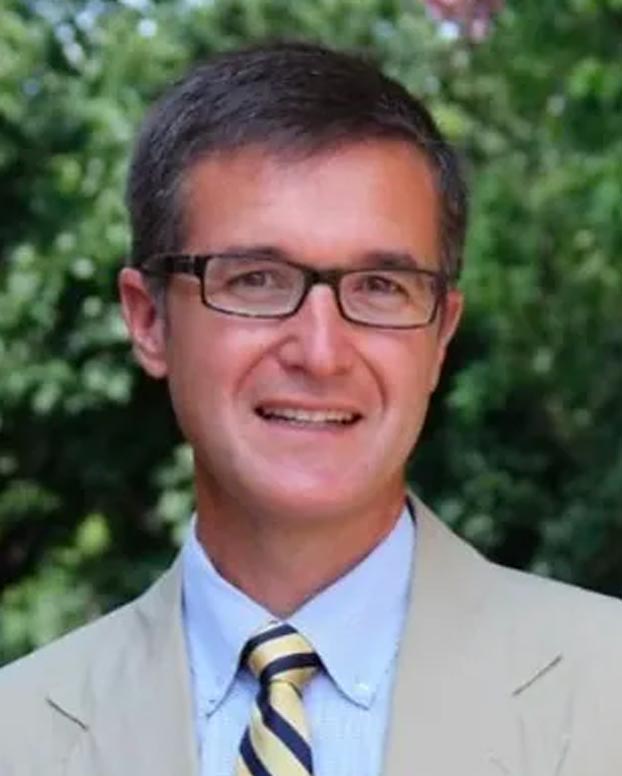PTSD Awareness Month: Hope Through Awareness
June 2, 2024

PTSD is a life-altering yet treatable condition, and awareness is the first step in helping those affected to seek out effective treatment and removing barriers to treatment for vulnerable populations.
June is PTSD Awareness Month, a time to raise awareness about post-traumatic stress disorder (PTSD) and the far-reaching impact that this condition has on the lives of many Americans and their loved ones. Throughout this month, various organizations, mental health professionals, and individuals join forces to educate the public, advocate for increased support and resources, and foster understanding and empathy for those living with PTSD.
“PTSD affects just under 5% of the general adult population in the United States, but prevalence rates for those who serve in the military or as first responders are substantially higher, at 7.9%,” said Dee Drake, an RMHS Health Care Navigator Supervisor in the Homes for All Veterans program.
These figures equate to over fifteen million Americans who are affected by PTSD and living with a variety of associated symptoms such as flashbacks, severe anxiety, insomnia, and reduced cognitive functioning, all of which can become even more severe without treatment.
PTSD can have a profound effect on those who live with it, and there are some populations who are at increased risk of experiencing trauma and subsequent long-lasting effects of PTSD.
According to The National Child Traumatic Stress Network, young people with I/DD are more likely to experience traumatic events such as abuse, neglect, bullying, exploitation by peers, disruptions in social supports, and more.
Although these issues are serious, there are a range of effective treatments available for those affected.
“Evidence-based treatment approaches show a decrease in PTSD symptoms for 60% of individuals who complete treatment, which is remarkable compared to treatment outcomes for other mental health disorders,” said Drake.
When effects of PTSD are controlled, individuals and their loved ones regain a sense of stability and well-being. However, many people who experience trauma or PTSD also face barriers to accessing treatment or even acquiring a PTSD diagnosis. This is especially true in the case of individuals with I/DD.
“Symptoms of traumatic stress can be difficult to differentiate from other sources of anxiety and dysregulation related to I/DD, such as sensory issues, communication difficulties, lack of social inhibitions, and learned behavior,” said Brian Tallant, director of the Denver START program.
Those with I/DD also face a widespread phenomenon that negatively impacts the rates at which they are able to receive mental health care: diagnostic overshadowing. Diagnostic overshadowing refers to the tendency of mental health care providers to overattribute mental illness symptoms to a person’s developmental disability. This results in significant difficulty for those with I/DD to access appropriate mental health diagnoses and care. But Tallant and others in organizations such as National Center for START Services and The National Child Traumatic Stress Network are working to help reduce barriers to trauma treatment for vulnerable populations, including children and adults with I/DD.
One of the ways that RMHS is working to reduce the occurrence of diagnostic overshadowing is providing information about this topic to the I/DD community. Our recent webinar, Overcoming Diagnostic Overshadowing, is focused on educating the community about this issue and helping those with I/DD and co-occurring mental illness, such as PTSD, find ways to access appropriate treatment.
Helping those affected by PTSD to seek out and access effective treatment starts with awareness. Spreading knowledge about the signs and symptoms of PTSD can help people who are suffering to find the help they need, heal from traumatic experiences, and take steps toward living healthy and fulfilling lives.
RMHS encourages you to raise awareness of PTSD and how treatment can help. You can participate in raising awareness by supporting social media awareness campaigns, starting educated conversations, and taking time to listen to the unique and valuable perspectives of those who are affected by PTSD.







